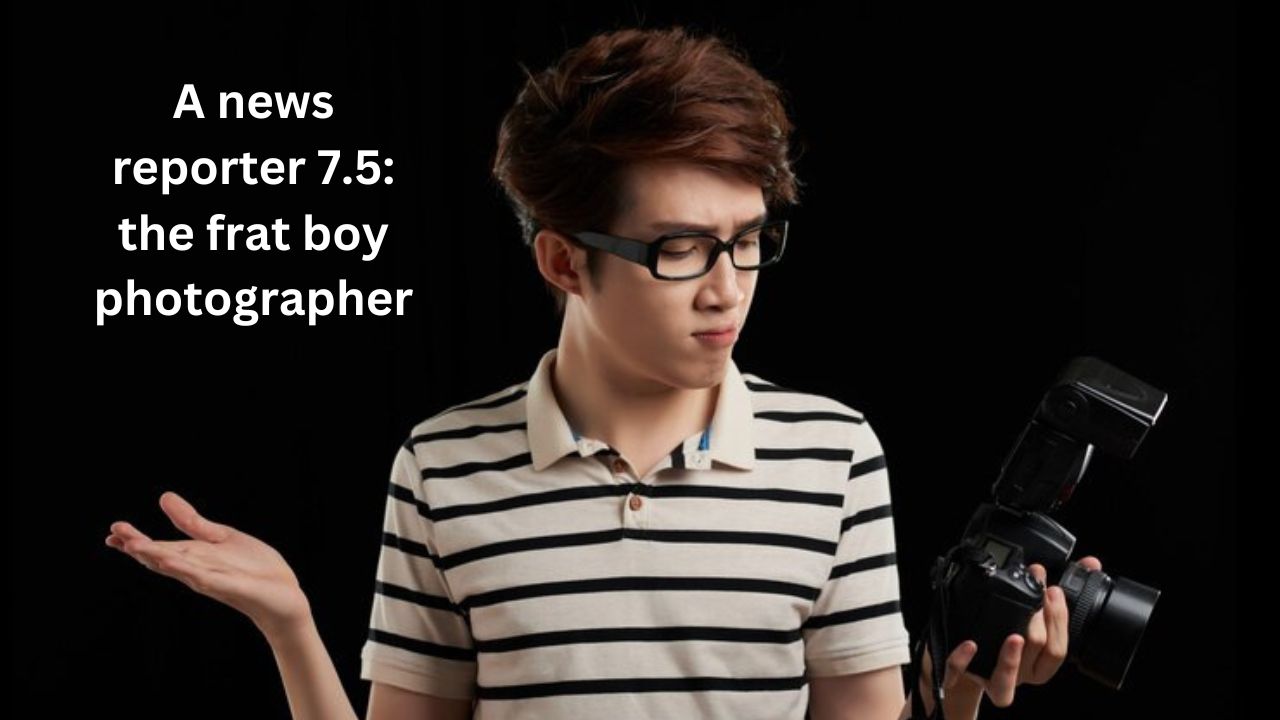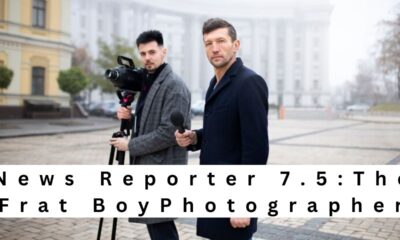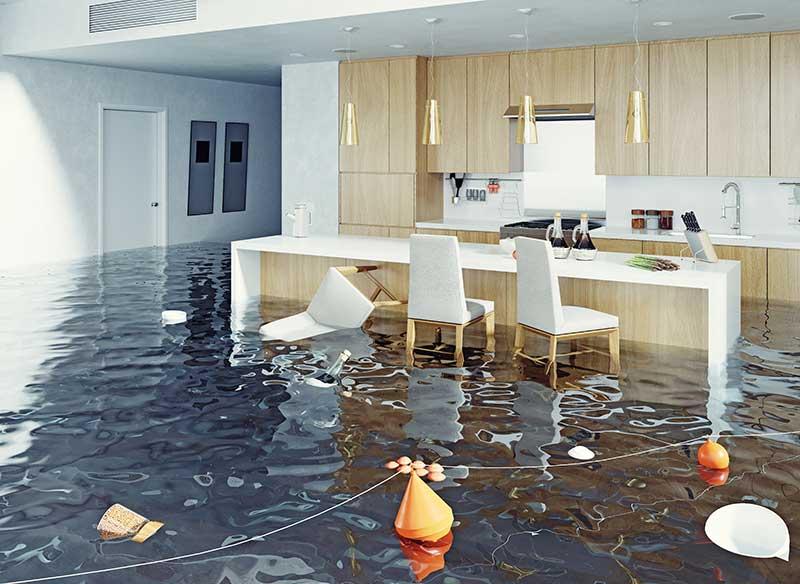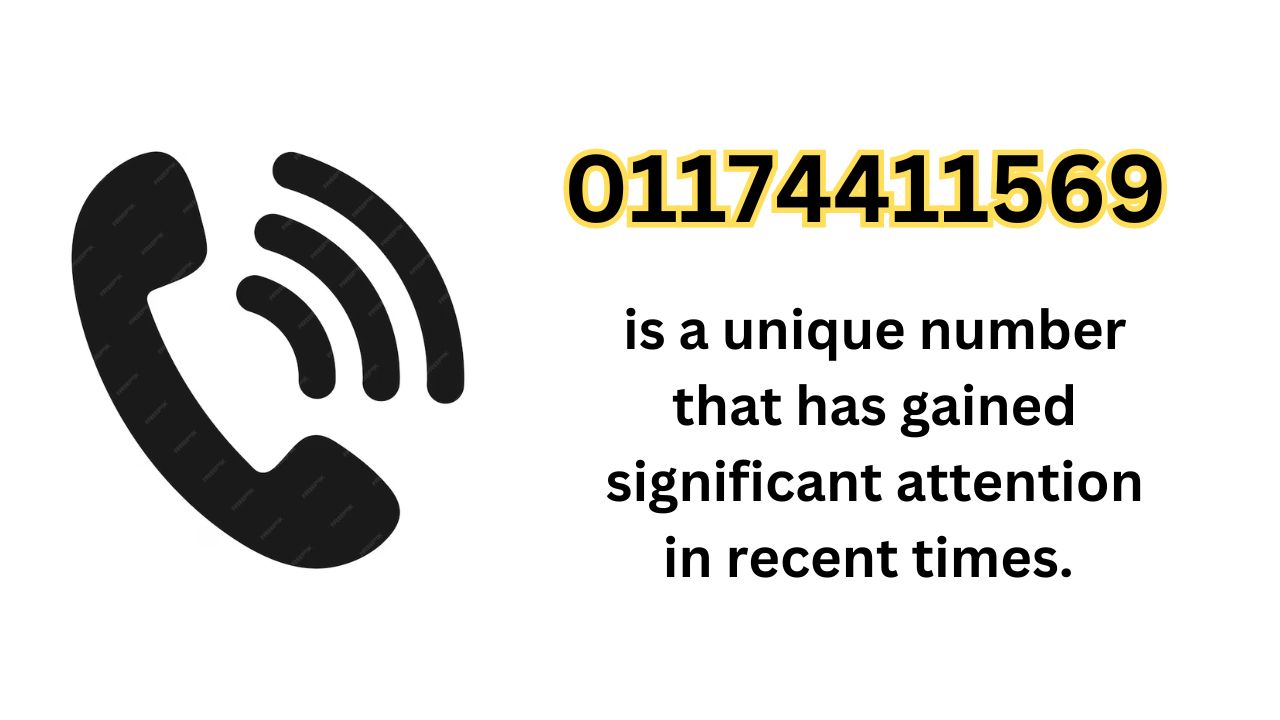Step into the controversial world of News Reporter 7.5: The Frat Boy Photographer. A tale that blurs the lines between art, journalism, and ethical responsibility. Grab your lens as we delve into the captivating yet divisive story behind this enigmatic figure in the media landscape.
The Controversy Surrounding His Work
The frat boy photographer’s work has stirred up quite a storm in the photography world. Some see his bold and unapologetic style as refreshing, while others label it as controversial. Critics argue that his photos glorify stereotypes and perpetuate harmful narratives about certain groups of people.
On the other hand, supporters defend his work as a form of artistic expression that pushes boundaries and challenges societal norms. The debate rages on, with opinions divided sharply between those who appreciate his creativity and those who condemn it for its insensitivity.
Regardless of where you stand on the issue, one thing is clear – the frat boy photographer has sparked important conversations about ethics in art and journalism. His controversial images force us to confront uncomfortable truths about representation and responsibility in media.
As this ongoing controversy unfolds, one can’t help but wonder how it will shape the future of photography and influence aspiring artists to consider the impact of their work on society.
Criticism from His Peers and the Public
The frat boy photographer has faced intense criticism from both his peers and the public for his controversial style. Many within the photography community have questioned the ethics and motives behind his work, labeling it as exploitative and shallow. Critics argue that his photos lack depth and substance, focusing more on shock value than genuine artistic expression.
On social media platforms, where outrage can spread like wildfire, the public has not been shy in expressing their disapproval of his photographs. Accusations of objectification and insensitivity have been hurled at him from all directions, leading to heated debates online.
Despite the backlash, the frat boy photographer remains unapologetic about his approach, defending it as a form of artistic freedom. He believes that art should provoke emotions and challenge societal norms – even if it means facing harsh criticism along the way.
Defending His Artistic Vision
The Frat Boy Photographer has faced a wave of criticism for his provocative and controversial work. However, amidst the backlash, he remains steadfast in defending his artistic vision. To him, photography is not just about capturing moments but also challenging societal norms and sparking thought-provoking conversations.
Many argue that his photographs are distasteful and inappropriate, yet he sees them as a form of expression that pushes boundaries and challenges perceptions. While some may find his approach shocking or offensive, others see it as a bold statement against conformity and censorship.
In an era where art is constantly evolving, the Frat Boy Photographer stands by his belief that art should provoke emotions, spark dialogue, and push people out of their comfort zones. Despite facing scrutiny from critics and peers alike, he remains unapologetic in his pursuit of creativity and self-expression through photography.
The Impact of Social Media on His Career
In the age of digital platforms, the frat boy photographer’s career took a sharp turn with the emergence of social media. His controversial work found a new audience online, sparking heated debates and discussions among netizens worldwide. Social media became both a blessing and a curse for him as his photographs went viral but also attracted intense scrutiny.
The instantaneous nature of social media amplified the reach of his art but also exposed him to harsh criticism from critics and fellow photographers alike. The democratization of opinions on these platforms meant that everyone had a voice, leading to polarizing reactions towards his work. Despite facing backlash, he continued to share his unique perspective through captivating visuals.
As likes, shares, and comments poured in on his posts, it became evident that social media could either make or break his reputation as an artist. The power of virality brought attention to his portfolio but also raised questions about ethics and boundaries in photography. As he navigated this new realm, the frat boy photographer learned valuable lessons about responsibility and authenticity in the digital age.
Navigating through likes & shares – controversies & criticisms! It was clear that social media played a pivotal role in shaping the trajectory of his career amidst all its complexities!
Lessons Learned from the Frat Boy Photographer’s Story
The frat boy photographer’s story serves as a reminder that artistic expression should always be balanced with ethical responsibility. As creators, we have the power to impact society through our work, and with that power comes the duty to consider the implications of our art. It is essential to respect boundaries and ensure that our creative endeavors do not harm or offend others.
Moreover, this saga underscores the significance of receiving constructive criticism graciously. Feedback, whether positive or negative, can help us grow and evolve as artists. Embracing critiques with an open mind can lead to valuable insights and improvements in our craft.
Additionally, maintaining authenticity in our work is crucial. Striving for originality and staying true to our artistic vision sets us apart from mere imitators. By being genuine in our creations, we are better equipped to make a meaningful impact on audiences and leave a lasting impression.
In essence, the frat boy photographer’s journey emphasizes the importance of integrity, humility, and creativity in navigating the complex world of artistry.
Conclusion: The Importance of Ethical Responsibility in Journalism and Art
The story of the Frat Boy Photographer serves as a reminder of the delicate balance between artistic expression and ethical responsibility in journalism and art. While his work may have sparked controversy and criticism, it also sheds light on the power of social media in shaping an individual’s career trajectory.
As journalists, photographers, and artists, we must always remember that our work has the potential to impact others profoundly. It is crucial to approach our craft with integrity, respect for our subjects, and a deep understanding of the consequences of our actions. By upholding ethical standards and being mindful of how our work is perceived by the public, we can contribute positively to society while pursuing our creative passions.
In a world where information spreads rapidly through digital platforms, it is more important than ever to hold ourselves accountable for the content we produce. Let us learn from the lessons gleaned from the Frat Boy Photographer’s journey and strive towards creating meaningful, impactful art that uplifts rather than divides. As stewards of journalism and artistry, let us embrace ethical responsibility as a guiding principle in all that we do.

 ENTERTAINMENT5 months ago
ENTERTAINMENT5 months ago
 FASHION7 months ago
FASHION7 months ago
 TRAVEL6 months ago
TRAVEL6 months ago
 NEWS7 months ago
NEWS7 months ago
 BUSINESS7 months ago
BUSINESS7 months ago
 FASHION5 months ago
FASHION5 months ago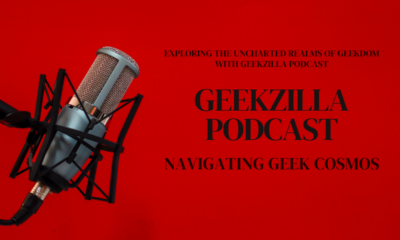
 ENTERTAINMENT5 months ago
ENTERTAINMENT5 months ago
 BUSINESS6 months ago
BUSINESS6 months ago
